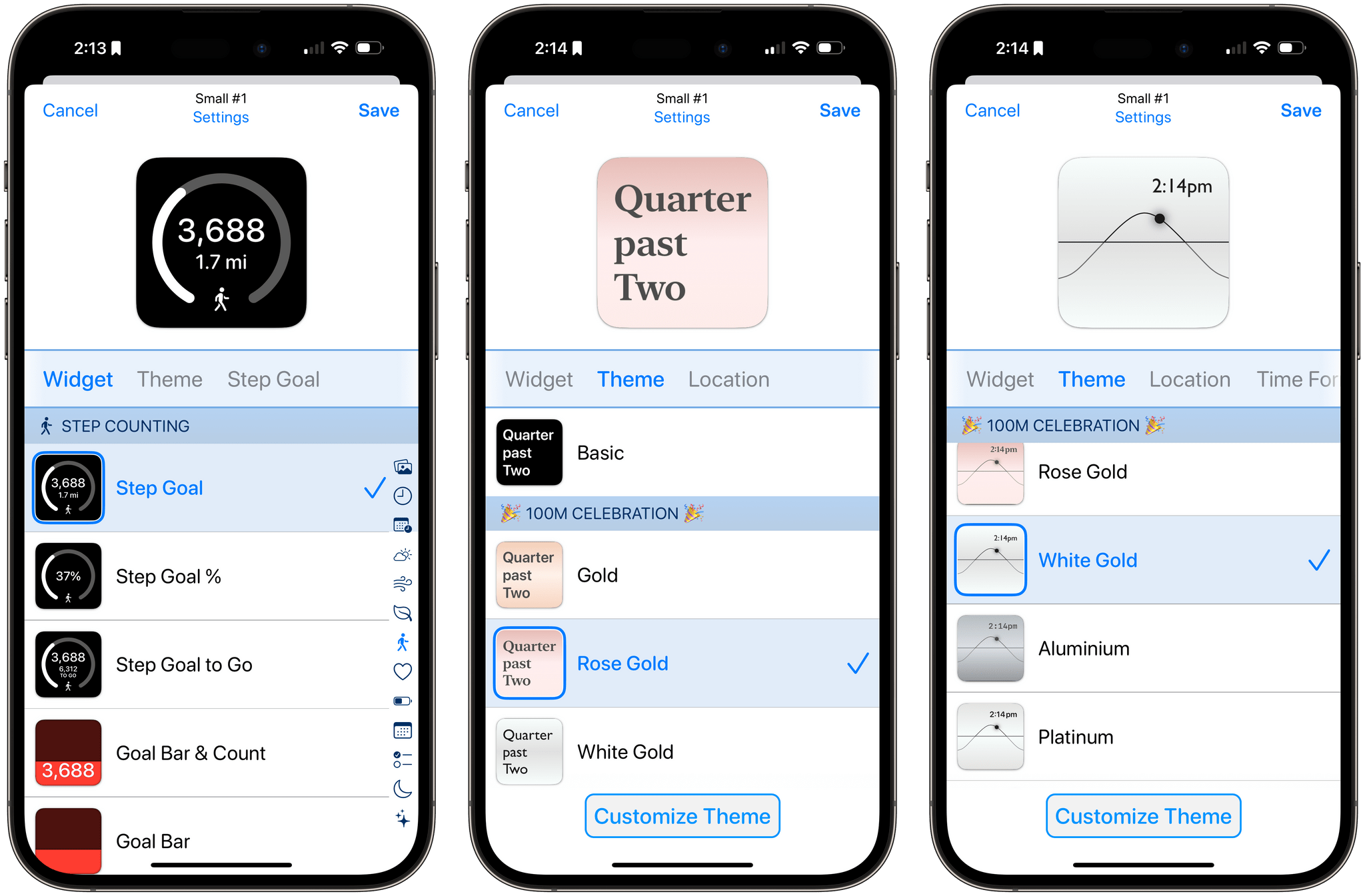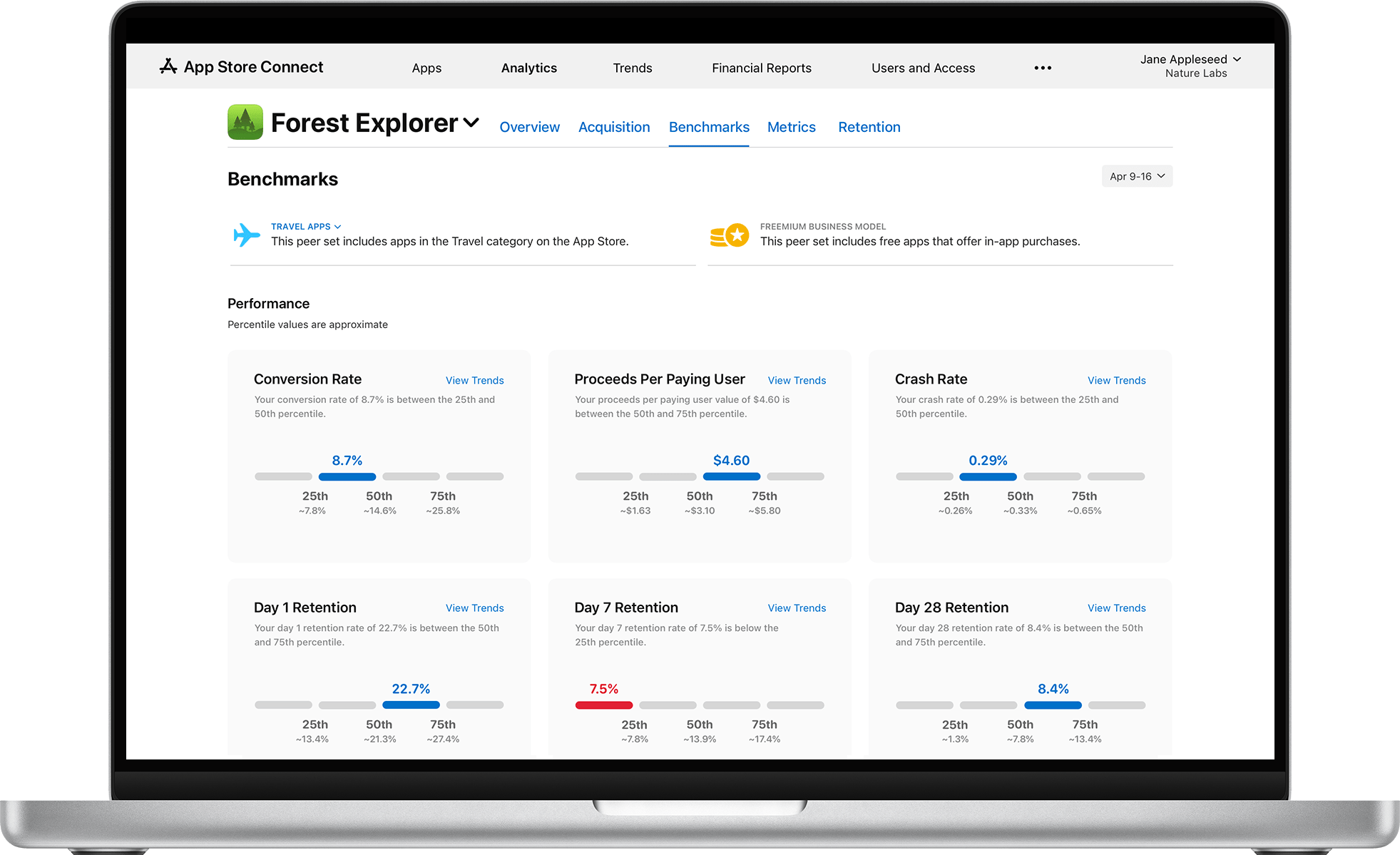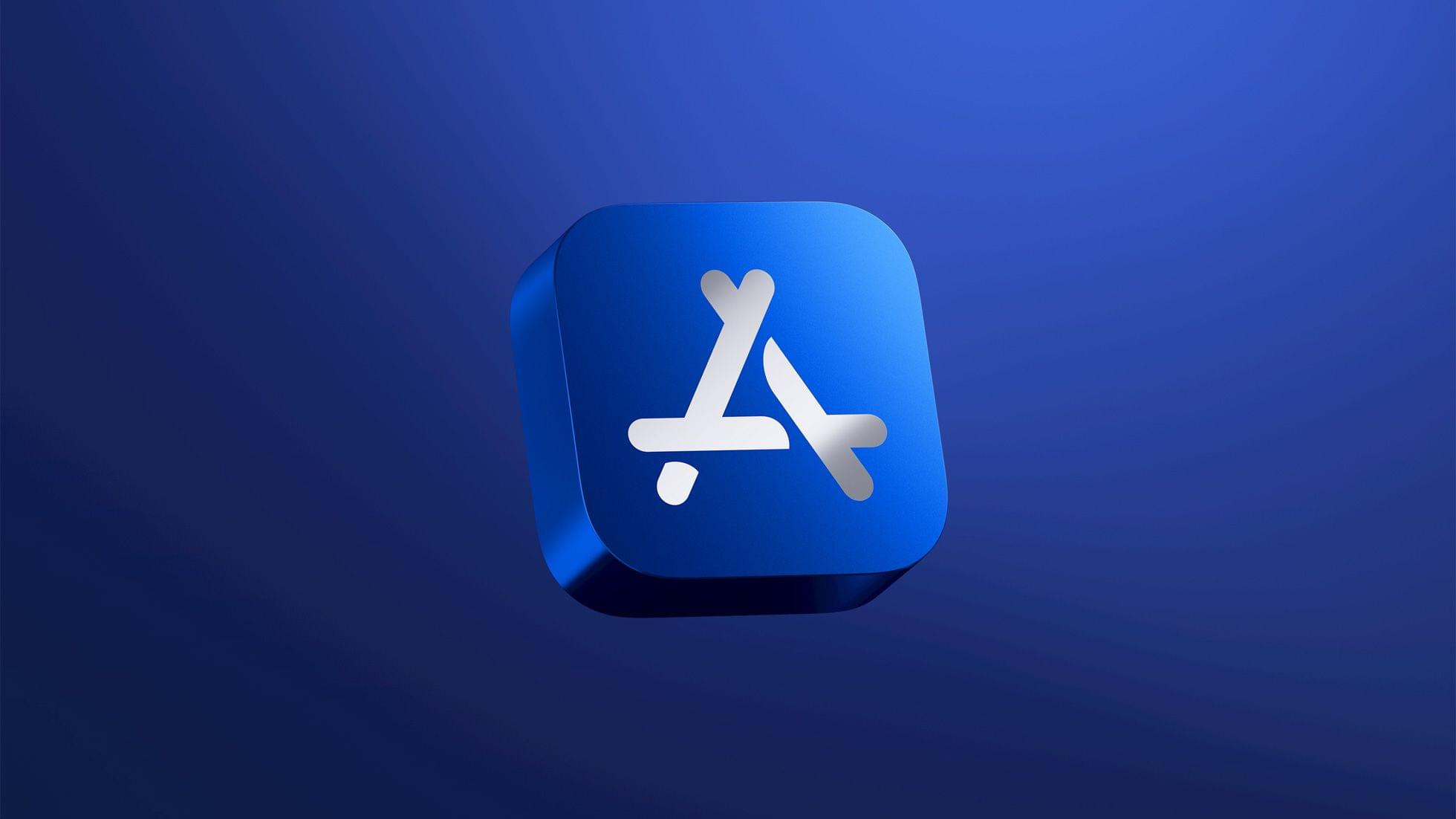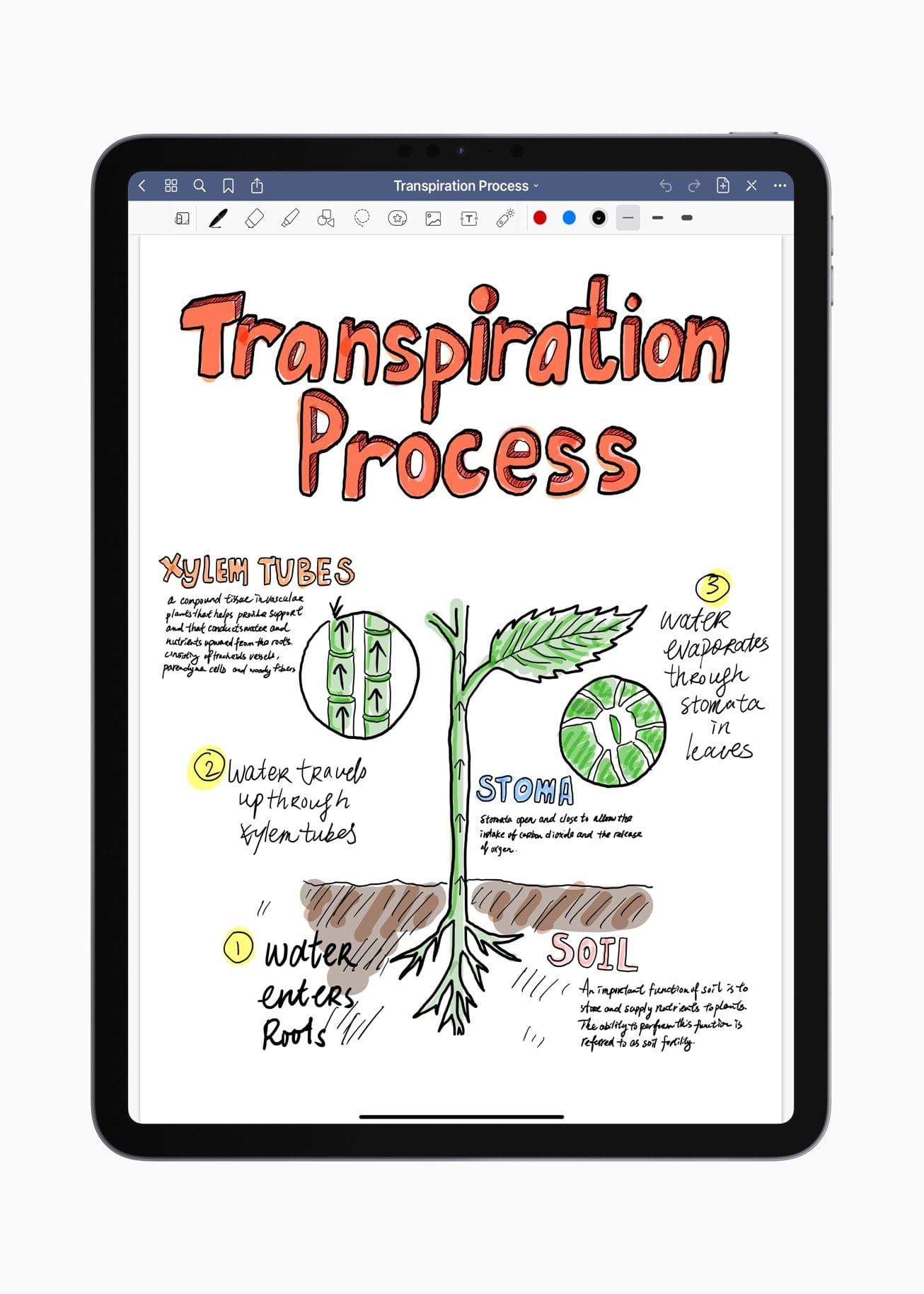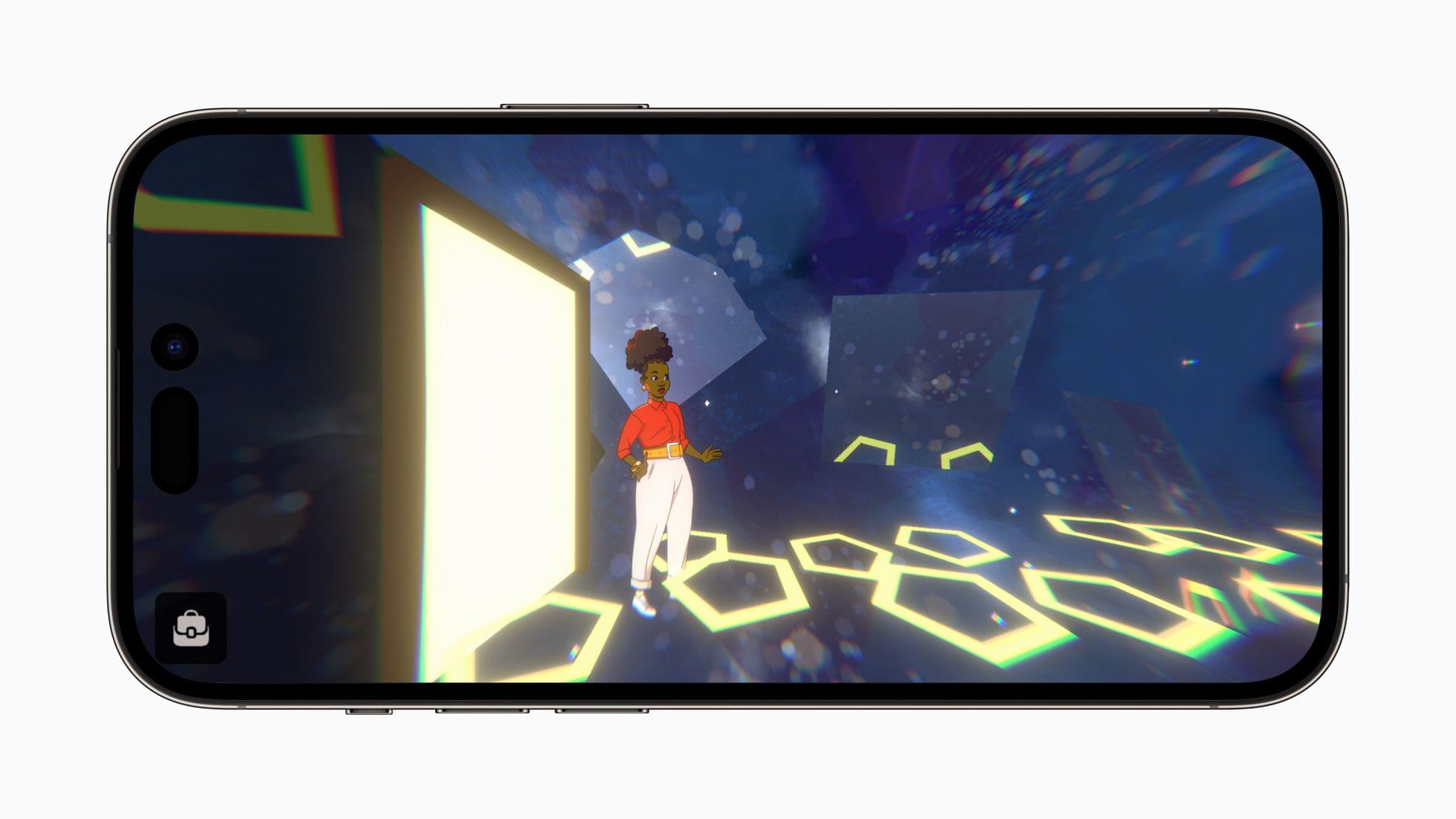Today, Apple released the results of an independent study of the App Store economy by the economists at Analysis Group. According to the report, it was supported by Apple, but the conclusions and opinions expressed in it are those of the Analysis Group alone.
If you’re thinking, ‘Wait, I thought Apple just issued a press release about the app economy,’ you’re mostly right. That was the same group of economists reporting specifically on the success of small app developers, whereas this report extends beyond apps to other transactions facilitated by apps.
What the report shows is that the App Store economy is far larger than just apps. Along with app sales and subscriptions, the Analysis Group looked at the sale of physical goods, services, and advertising through apps downloaded from the App Store. What the results of the study show is that this more broadly-defined market accounted for about $1.1 trillion in sales in 2022, an enormous number by any measure.
The study includes some interesting insights into the App Store and the economy surrounding it:
- The broader App Store ecosystem grew 29%, but digital goods and services, which is a category that includes more than just App Store sales, only grew 2% in 2022
- Over 90% of billings connected to the App Store occurred outside of it
- Ride-sharing and travel sales accounted for a big part of the App Store ecosystem’s growth in 2022
- Other categories that saw big increases are grocery sales, food delivery and pickup services, and general retail sales
It’s worth considering the broader purpose of this study and the results that Apple has highlighted. The message of the report is that the impact of the App Store extends beyond apps, which is accurate. From that broader perspective the fees paid to Apple as a percentage of overall sales are lower, which is an argument the company will surely make to regulators and in antitrust disputes. Whether that perspective is relevant or persuasive in those contexts remains to be seen.
In any event, the App Store drives a remarkably large engine of commerce, the likes of which are reminiscent of the Internet itself. That’s an enormous accomplishment, of which Apple is understandably proud. However, it’s also important to remember that it’s an engine to which just one company holds the keys.



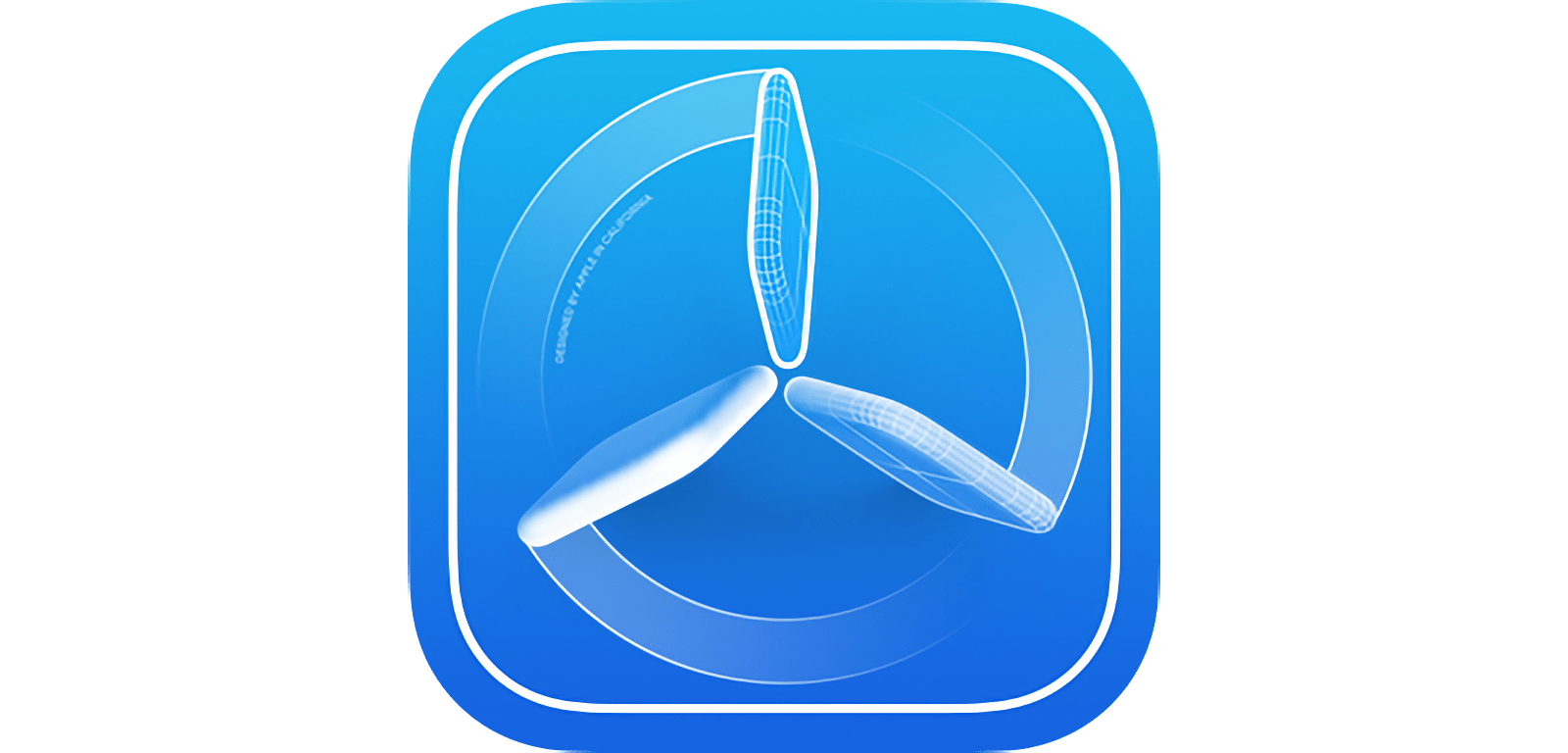
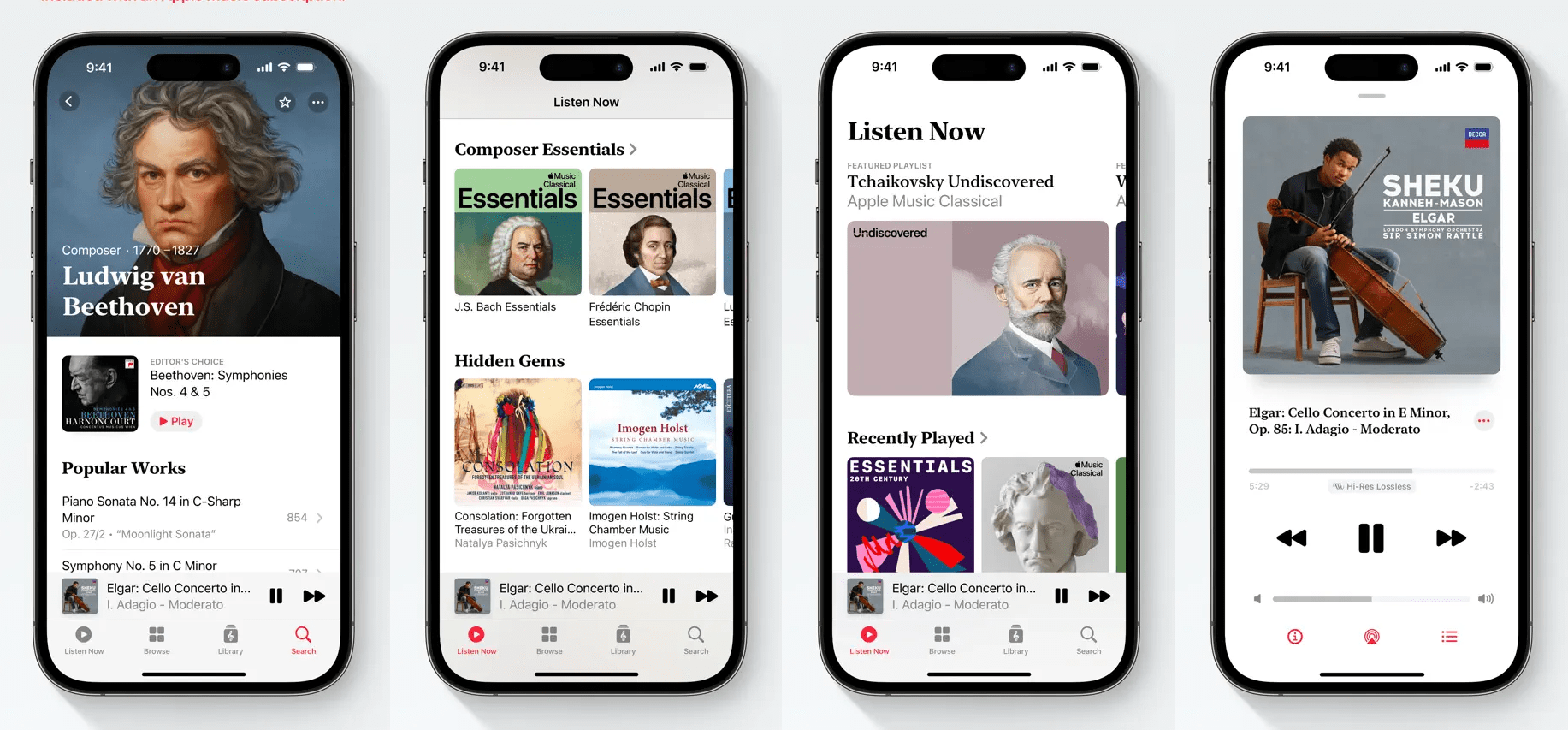
.](https://cdn.macstories.net/widgetsmith100-1678303196956.png)
